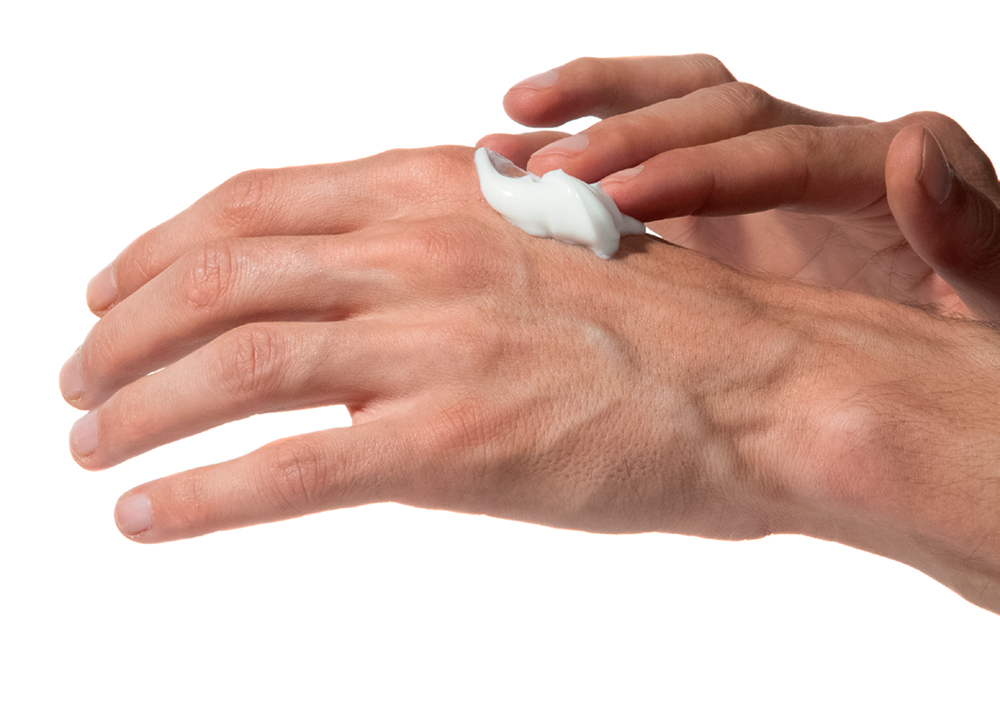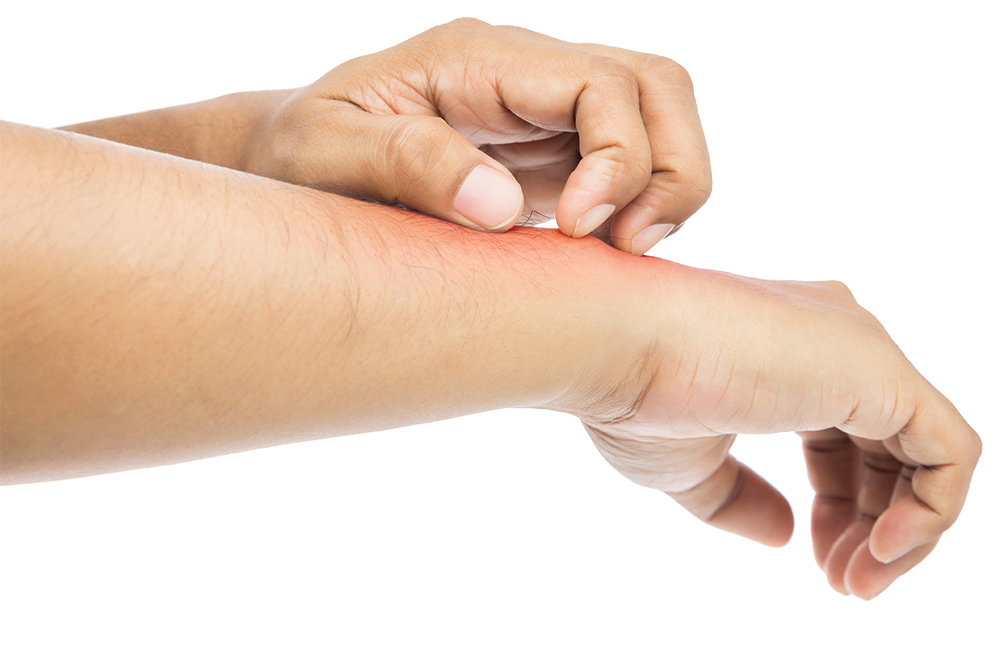
Chronic eczema is frustrating. Raised, red and raw, an eczema flare-up can really bring you down. If you suffer from it, you must take daily steps to prevent this itchy, inflammatory skin condition from rearing its ugly head. Sustained efforts to prevent eczema can prolong the interval between outbreaks and reduce the severity of outbreaks. These practical tips can help you cope with living with eczema.
1.Make moisturiser your best friend
Many forms of eczema are caused by an impairment in the skin’s barrier function, which causes skin to become dry, scaly, rough and irritated. This means it is important to maintain your skin’s moisture levels. Moisturise liberally at least once a day, even when you’re not experiencing any rashes. Do so immediately after a bath while the skin is still damp. This helps ‘seal’ in the moisture that your skin absorbs during a shower. Ideally, use fragrance-free and skin barrier-repairing moisturisers.
2.Maintain your cool
Extreme heat, sweat and ultraviolet rays can cause rashes to occur, so it is important to protect yourself from the sun and heat, especially during the hottest part of the day, between 11am and 3pm. Use an umbrella for shade, wear lightweight cotton clothing, and wear sunscreen daily to shield skin from harmful rays. When you work out, have a cool shower as soon as you can afterwards, making sure to pat — not rub — yourself dry gently. Remember to moisturise.
3.Don’t let stress in
Eczema flare-ups are often triggered by stress. This is because stress causes the body to release certain hormones that can cause skin inflammation. Stress management is therefore crucial to keep eczema in check. Adopt practical coping mechanisms, such as keeping a realistic schedule, prioritising your to-do list, and learning to say “no” to extra chores and obligations. Practice self-care by eating a balanced diet, exercising regularly, and getting enough sleep. It is also important to find time for yourself, whether it is through meditation, solitary walks, or a relaxing bedtime routine.
4.Avoid the trigger effect
For eczema caused by external factors, identify the allergens or stimuli and avoid them. You can gain a clearer idea of what sets off your condition through a detailed history and a patch test. Common environmental triggers include pollen, mould, dust mites, and animal dander. Another major skin irritant is water and detergent — prolonged exposure to them can cause skin to chap and become inflamed, resulting in full-blown dermatitis. Eczema sufferers should also avoid fragrance, as this is a significant cause of flare-ups. Say “no” to fragrant essential oils and perfumed toiletries (soaps, cosmetics, body lotions, etc.); instead, opt for unscented, mild and skin-friendly products.
5.Assess your laundry list
Many types of synthetic fabrics, such as polyester and nylon, trap heat and irritate skin. Meanwhile, some natural fibres, such as wool, may contain allergens or have a texture that aggravates eczema. Instead of these fabrics, choose cotton and cotton blends, which are soft and allow skin to breathe. To prevent clothing-related triggers, always wash new clothes in mild, unscented laundry detergent and consider twice-rinsing laundry to remove any residue. Avoid using fabric softeners, as they contain chemicals that can irritate the skin.
6.Hands off!
Tempting as it is, don’t scratch — this will only aggravate your symptoms. Scratching will also increase the risk of infection and scarring. Instead, soothe the skin by using a cold compress, having a cool shower, or applying more moisturiser. Use your prescribed eczema medication when needed.
Treating eczema

Consult a dermatologist, who will advise on whether your condition can be resolved with treatment options, which range from over-the-counter creams, topical steroids, non-steroid prescription ointments, and antihistamines, to oral anti-inflammatory medications or even UV-phototherapy.







